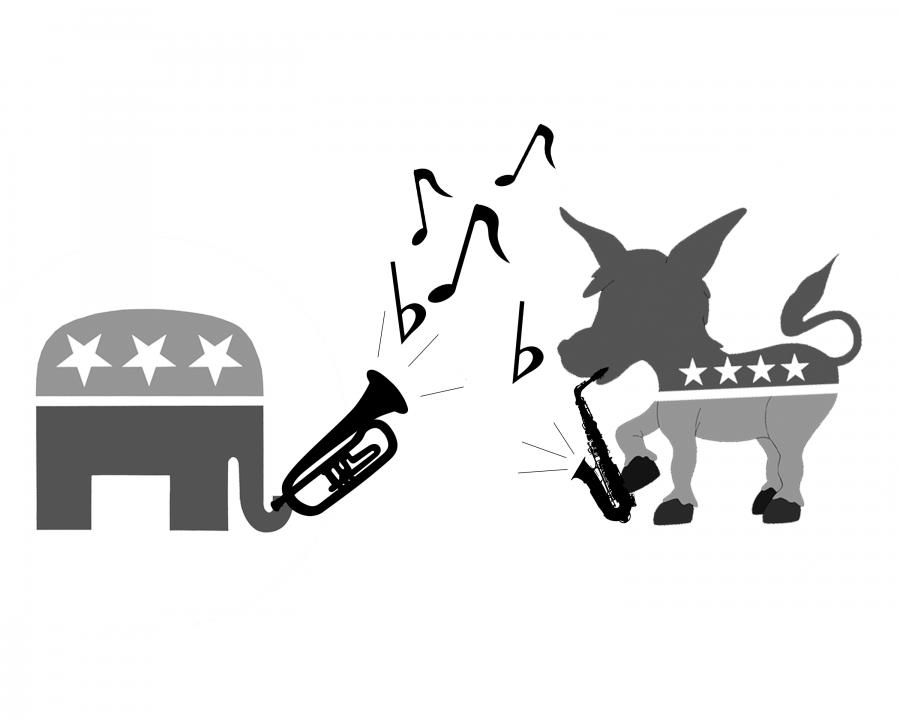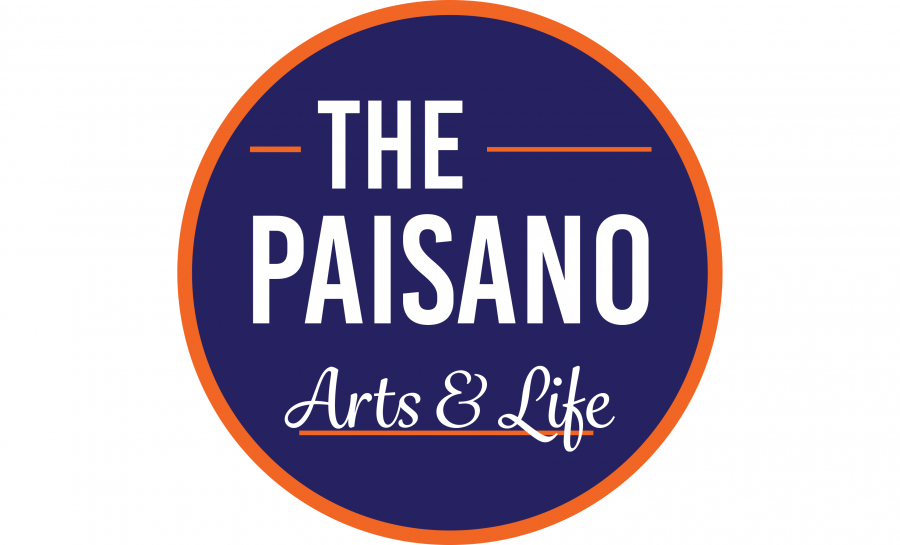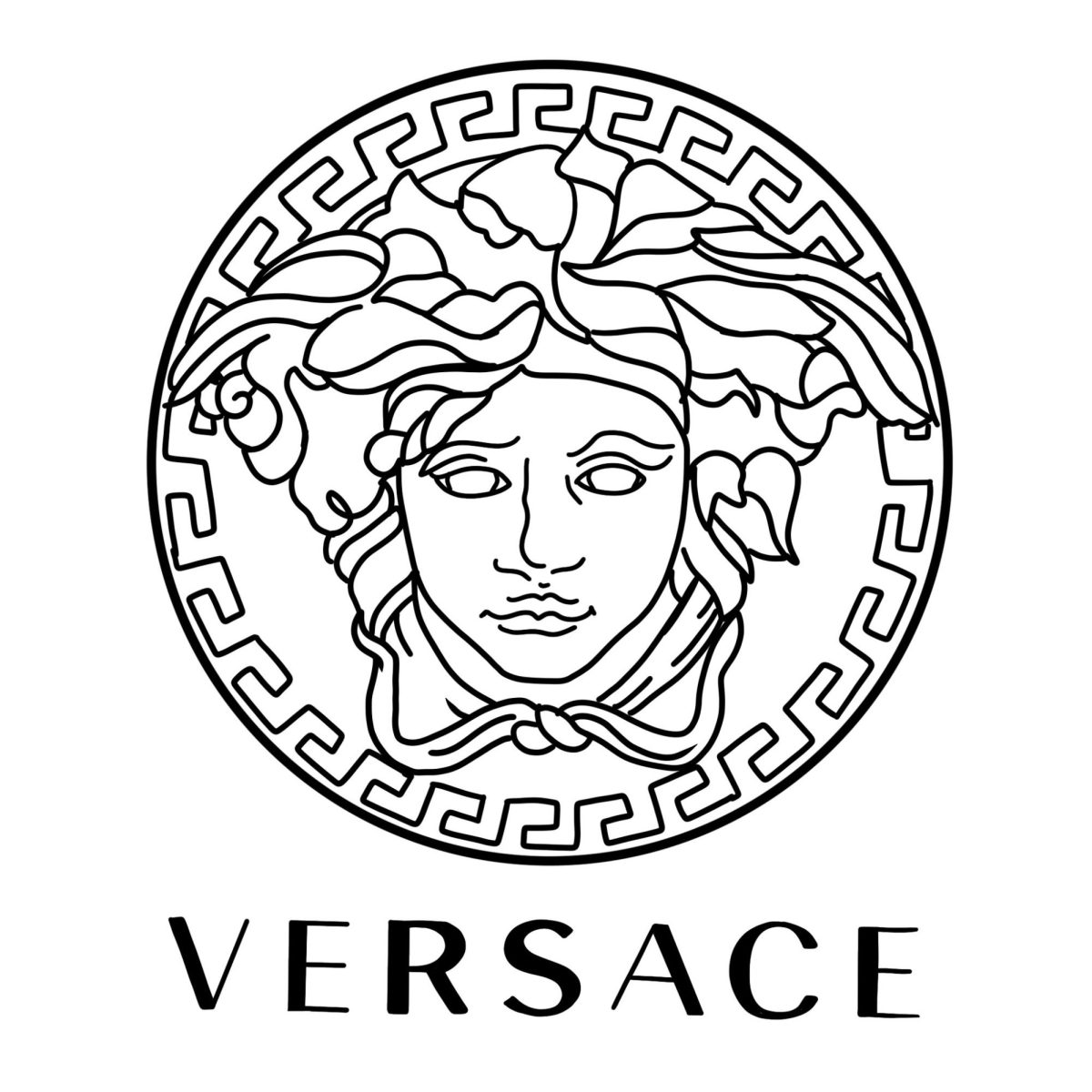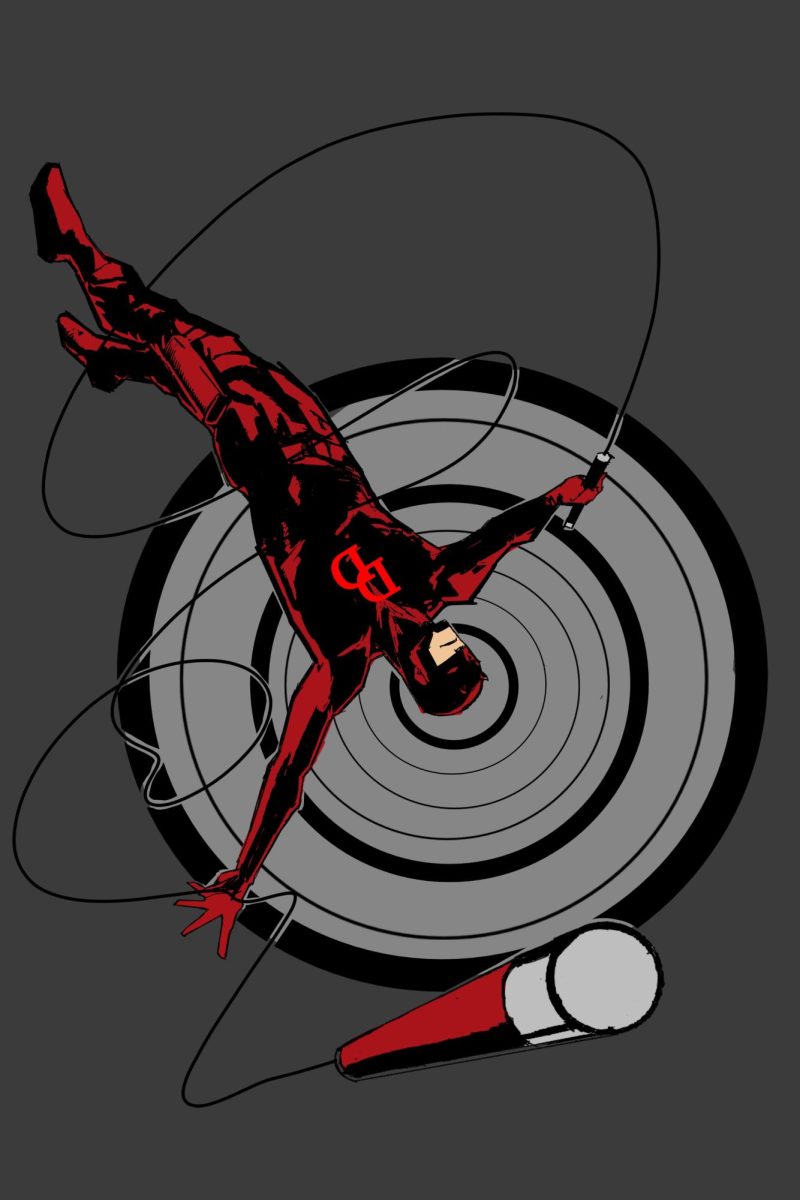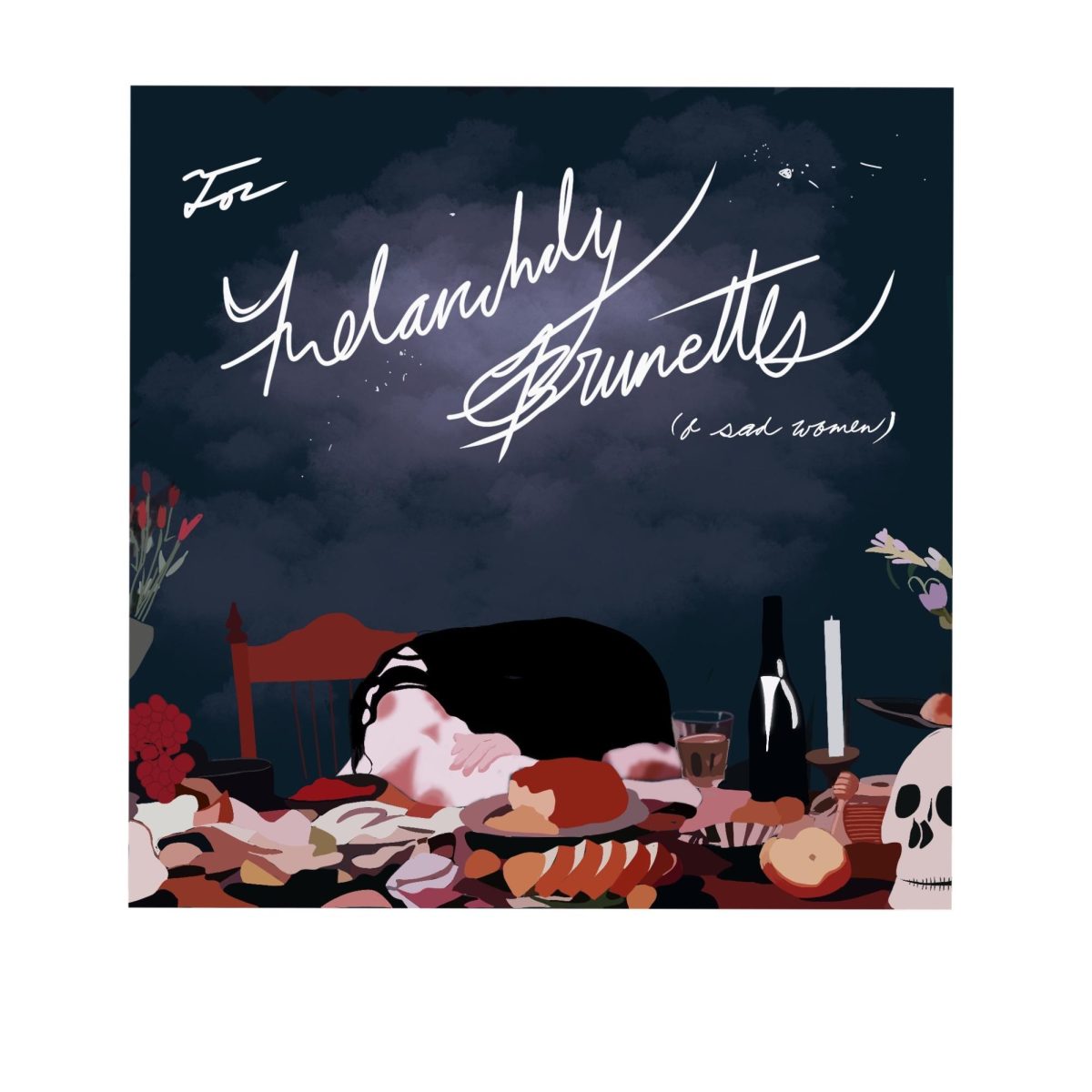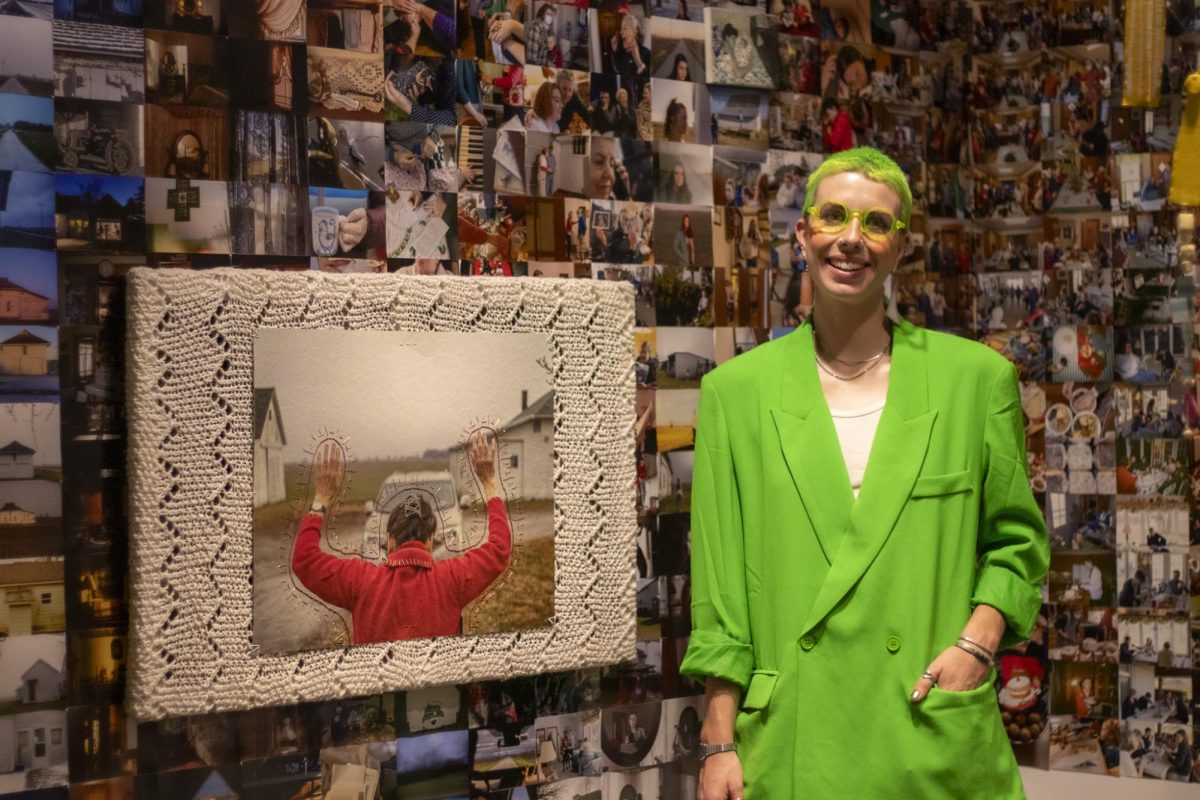Music is the voice of a generation. It reflects the soul of the society that it is produced in. Music shows a generation’s struggles, worries, angers and hopes. Music gives the common man a voice in the world to call out injustice and to express his discontent about society. It is a weapon of rage wielded by the citizens of the world. Every generation has its own unique voice and every generation fights for its own change. If music is easily produced and is freely available, it can almost never be unattached from the politics of its society. So, where has the voice of our generation been?
In previous generations music was at the forefront of political movements. As a reaction to the Vietnam War and the civil rights era, the world gained a folk revival with artists like Bob Dylan and Neil Young. Protests for peace on college campuses and the war on drugs gave us counter-culture and introduced us to bands like Jefferson Airplane and Credence Clearwater Revival. Political unrest, anti-capitalism and anger at the system gave the world punk and bands like the Dead Kennedys and Crass were formed. Police brutality and dissatisfaction with how poor urban communities were treated gave the world groups like N.W.A. and Public Enemy.
Our generation faces one of the most volatile political climates in U.S. history. Distrust and anger directed towards the system runs rabid as more and more stories about the police abusing power, Wall Street taking advantage of the poor and leaks about our government come to light. Politicians like Donald Trump and Bernie Sanders run on anti-establishment platforms and are successful because the people are tired of the how government has worked for decades. Our electoral system has never been more transparently broken with two presidential candidates that are both undeserving of their candidacy due to a seemingly unending river of scandals. The socio-political climate has never been more ready for musicians to make biting political commentary, but where is it?
In the past few years, it seems as if music with a political edge has been relegated to the underground and hidden away from the masses. There are genres like vaporwave that have formed and can be considered politically charged satires on consumerism, but it’s hard to imagine them getting enough momentum to become representative of the entirety of our generation. Hip-hop has always been a voice in relating the struggles of African-American culture and the disenfranchised poor. But as hip-hop became more mainstream, conscientious rap became less popular.
Only recently has political hip-hop gained momentum again. The massive popularity of artists like Kendrick Lamar and Killer Mike give hope that our generation will find its voice again. Hip-hop allows the disenfranchised to have a platform to speak about class struggle, racism, the prison industrial complex and poverty. But political hip-hop is often seen as too brutal for the public eye, and there is a more important problem: the public is not class conscious. Disenfranchised white people will not easily fight for the rights of disenfranchised black people, and vice versa.
The world needs music that challenges the system, incites anger and motivates the public to rise against injustice. Maybe vaporwave or political hip-hop will be able to fill the void left or maybe they won’t, but we can only hope that something does.

